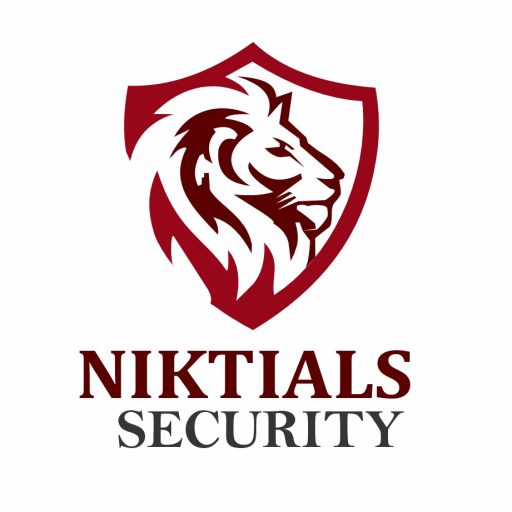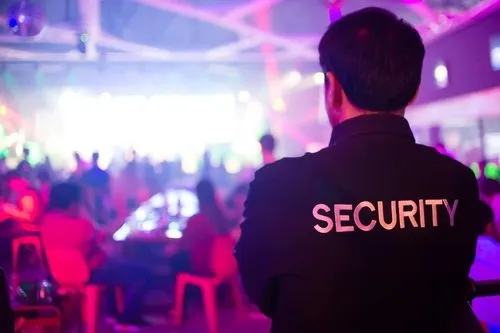Understanding Security: The Intrinsic Value of Integrity
In the complex tapestry of modern society, security stands as a cornerstone, providing the foundation upon which we build our lives, businesses, and communities. Yet, amidst the myriad technologies, protocols, and strategies, there exists a fundamental principle that transcends the physical barriers and digital fortresses: integrity.
Security, at its essence, is more than just the presence of locks, cameras, and guards. It embodies a sense of trust, reliability, and steadfastness that permeates every aspect of our interactions, transactions, and relationships. And at the heart of security lies integrity—a steadfast commitment to honesty, morality, and ethical conduct.
But what exactly is integrity, and why is it so crucial in the realm of security?
Integrity, in its simplest form, is the quality of being honest and having strong moral principles. It encompasses a steadfast adherence to truthfulness, transparency, and accountability, even in the face of adversity or temptation. In the context of security, integrity serves as the bedrock upon which trust is built, ensuring that systems, processes, and individuals operate with the utmost reliability and dependability.
The value of integrity in security cannot be overstated. It serves as a beacon of trust in an increasingly uncertain world, providing assurance to individuals, organizations, and societies that their safety, privacy, and well-being are safeguarded with the highest ethical standards.
In the realm of cybersecurity, integrity plays a pivotal role in protecting sensitive data and information from unauthorized access, manipulation, or tampering. By upholding the integrity of data through encryption, authentication, and access control measures, organizations can ensure that their digital assets remain secure and untainted by malicious actors.
In physical security, integrity manifests in the form of robust protocols, procedures, and training that instill a culture of vigilance, responsibility, and ethical conduct among security personnel. From conducting thorough background checks to adhering to strict codes of conduct, security professionals uphold the integrity of their roles, ensuring that the safety and well-being of others take precedence above all else.
Moreover, integrity extends beyond the confines of individual actions to encompass the broader ethical frameworks and principles that govern our collective interactions. By promoting a culture of integrity within organizations, communities, and societies, we cultivate an environment of trust, respect, and accountability that fosters collaboration, innovation, and progress.
In today’s interconnected world, where threats to security loom large and the stakes have never been higher, the value of integrity in safeguarding our collective well-being cannot be overstated. It is a timeless virtue that serves as a guiding light in times of darkness, a shield against deception and deceit, and a beacon of hope for a safer, more secure future.
As we navigate the complexities of the modern age, let us reaffirm our commitment to integrity in all its forms, recognizing its intrinsic value in upholding the principles of security, trust, and ethical conduct that lie at the heart of our shared humanity.
In conclusion, security without integrity is but a hollow shell—a facade that crumbles in the face of adversity. It is only through the unwavering commitment to honesty, morality, and ethical conduct that we can truly safeguard our lives, our livelihoods, and our legacies for generations to come.

